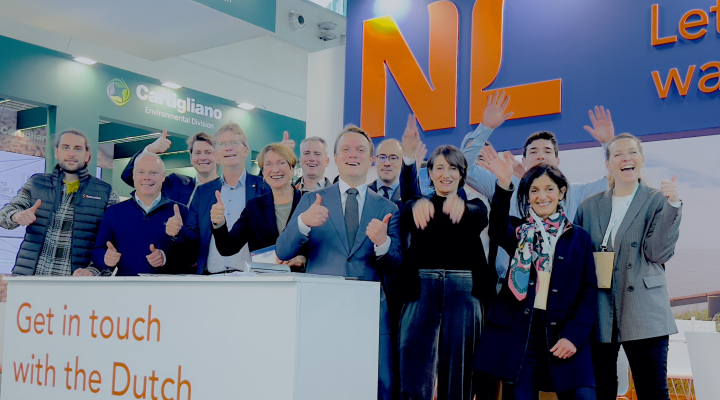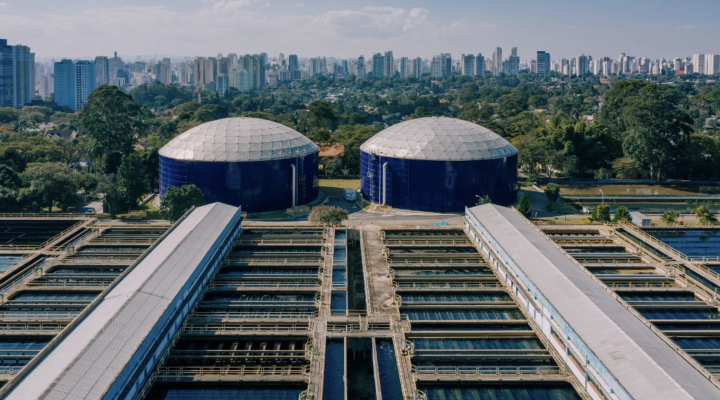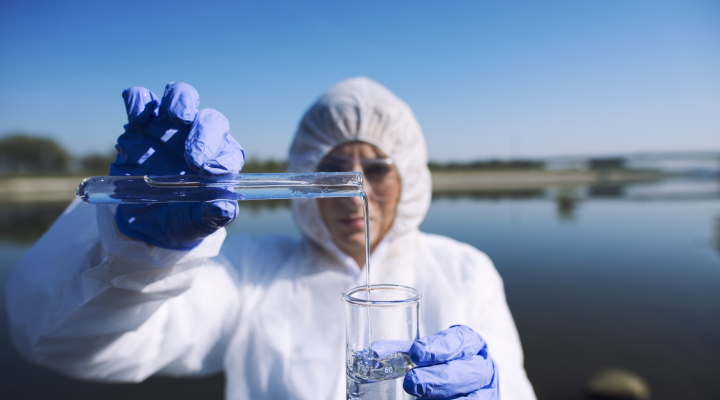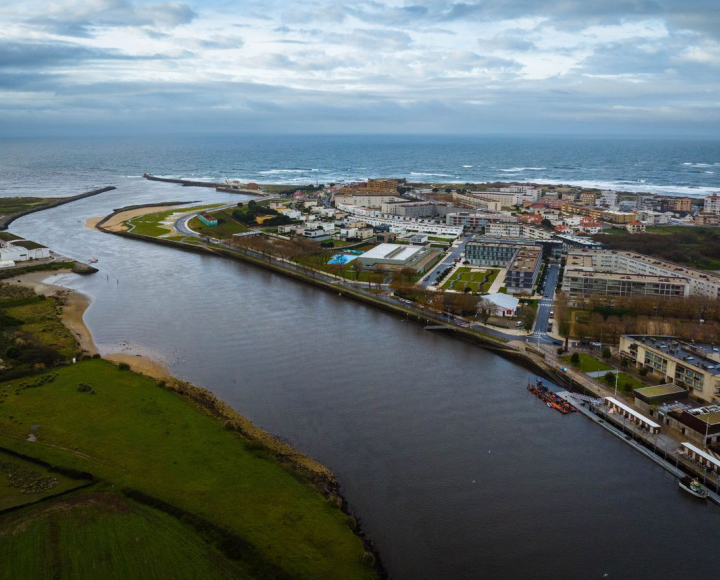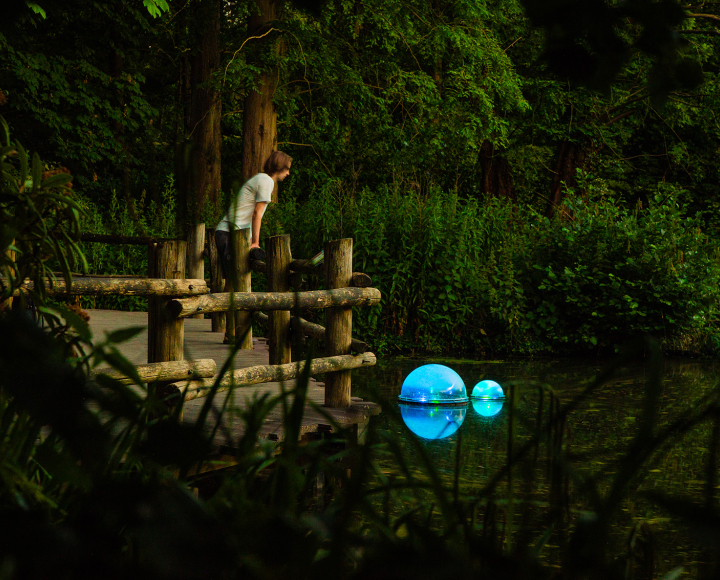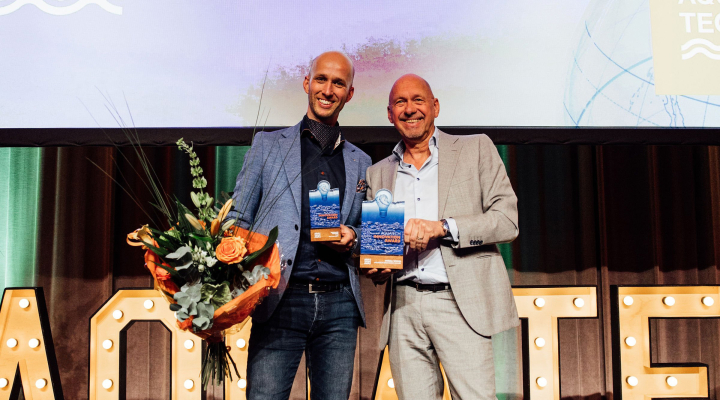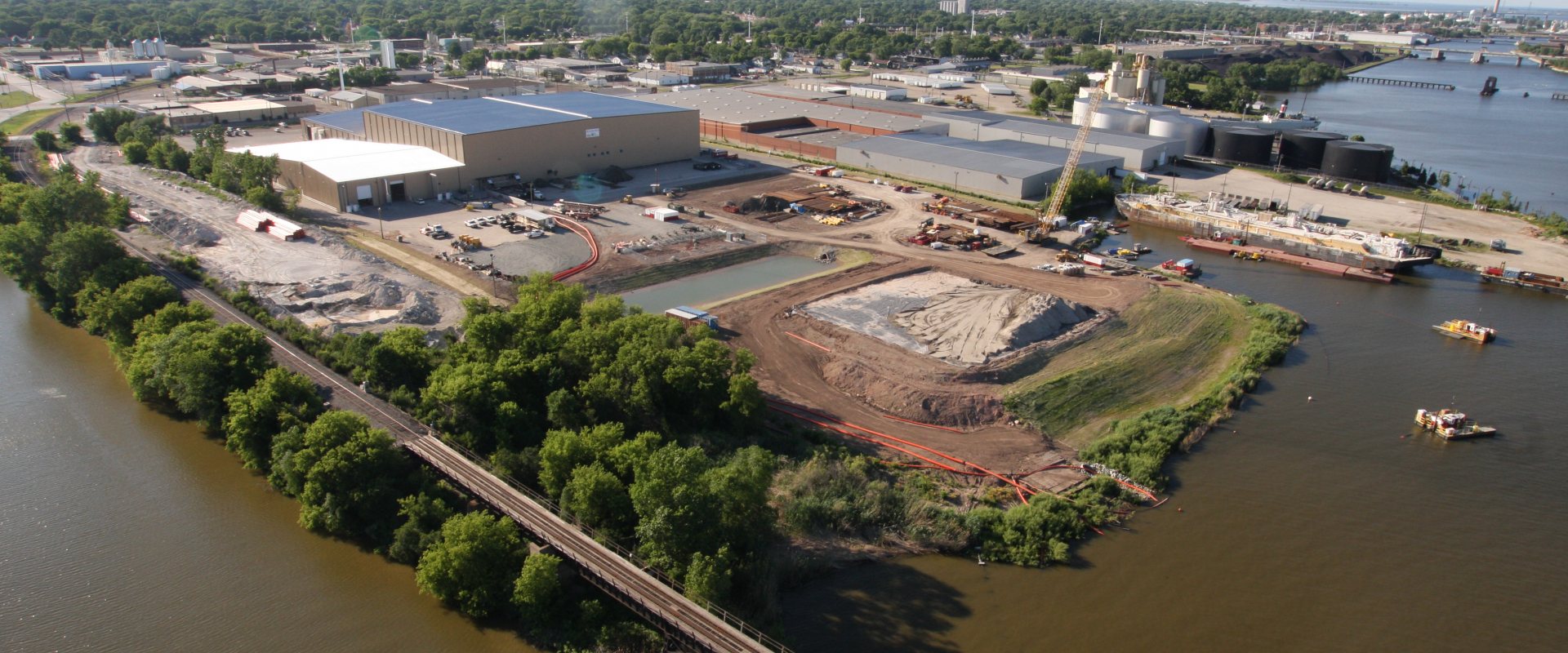
Reuse of large part polluted river sediment in US infra
After a period of almost fourteen years, Boskalis Environmental completed the processing of all the PCB-contaminated dredging materials from the Fox river, Wisconsin, USA.
Boskalis operated a special designed facility where 4.5 million cubic meter of sediment has been processed of which 800,000 tons of sand has been made available for reuse in local infrastructure projects.
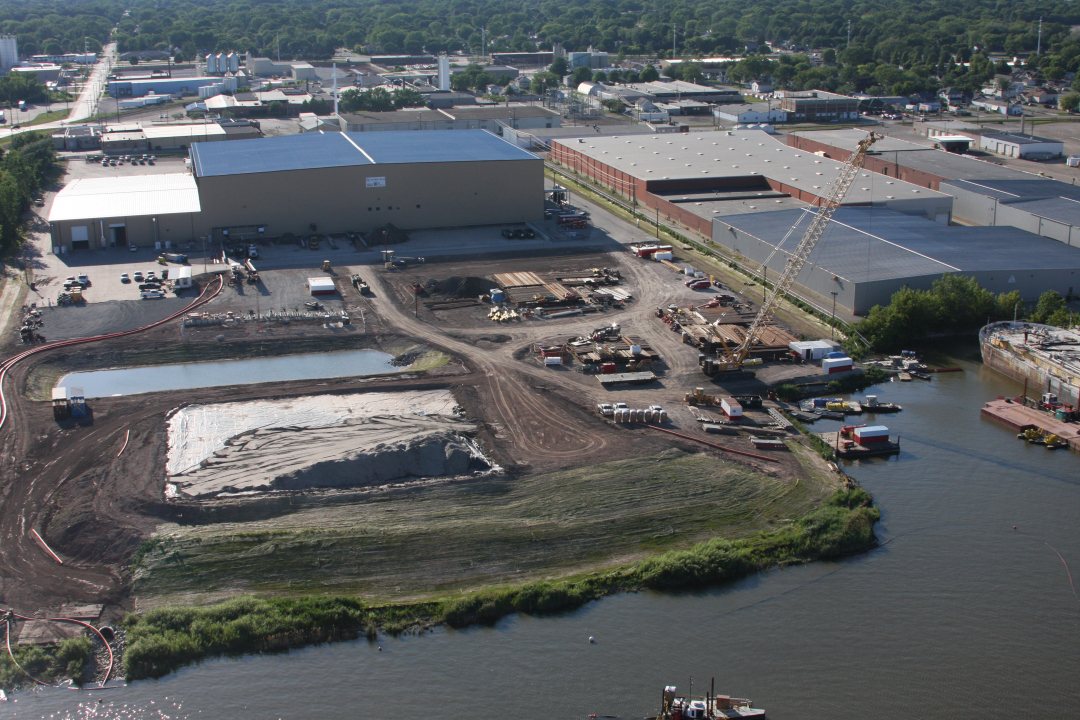

Large river cleanup
The dredging material originated from a 19 km long river sediment remediation project to clean up the Fox river. The project has been one of the largest river cleanups in the United States (US).
The river that ends up in Lake Michigan has been polluted with Polychlorobiphenyl (PCB) by discharges from the paper industry since the 50’s.
In 2008, the Wisconsin Department of Natural Resources ordered the cleanup of the river’s final stretch to reduce the PCB-levels in both the water in the river, as well as in the lake.
A consortium with Tetra Tech as lead contractor started to dredge the first PCB-contaminated sediment in April 2009. In areas where the removal was ineffective, the PCB-sediment was covered with sand and rocks.
Dredging of the final sections in Green Bay city are in the last stage of completion.
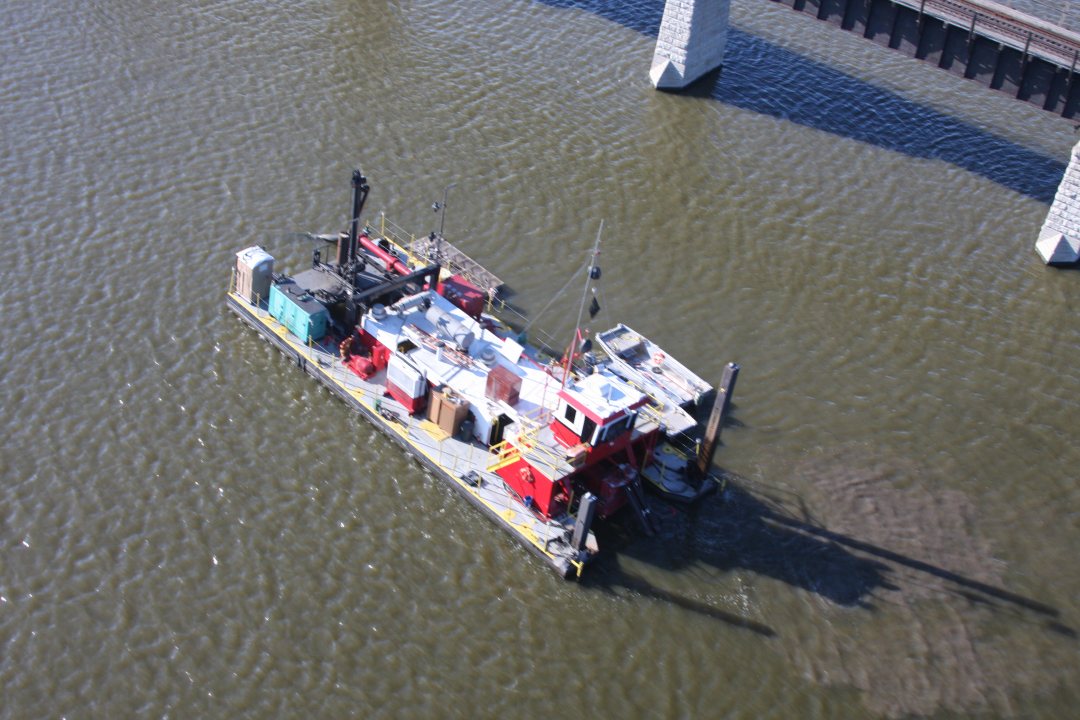

Processing facility
Main contractor Tetra Tech involved Dutch-based Boskalis Environment for the processing of the dredged material. For this purpose, Boskalis built a plant where all the material has been handled in order to minimize the volume of waste that had to be transported to a land fill.
Once in the facility the material has been desanded (cyclones) and dewatered (membrane press filters).
The PCB contaminated fines from the riverbed were dewatered into a dry, manageable filter cake and then transported to a landfill.
Boskalis has realized a waste volume reduction of 56 percent, compared to the in-situ volume as it originally lay on the river bed.




